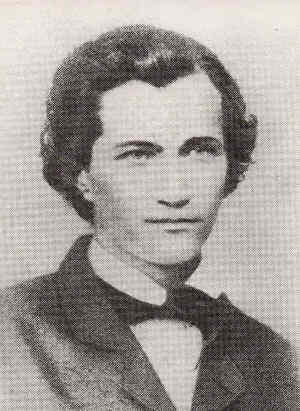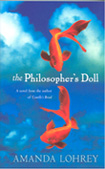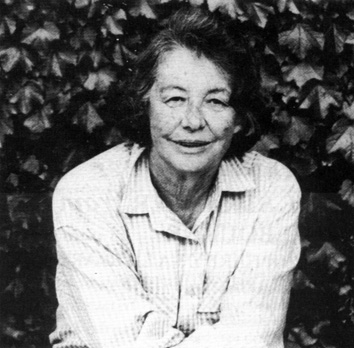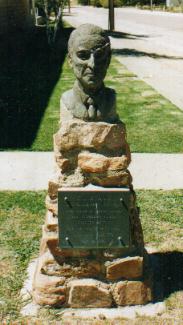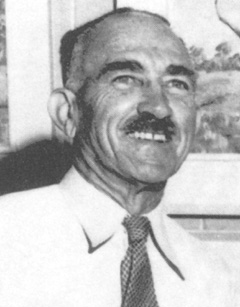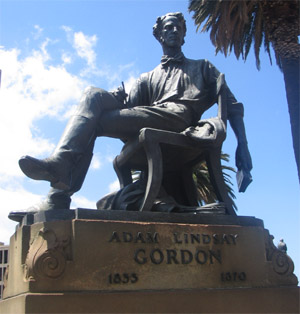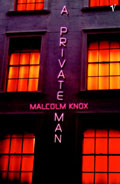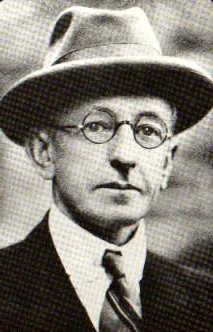I'm not big on making New Year's resolutions. It strikes me as the wrong time of year for those things. There's too much pressure on you to follow through and the resultant failure can be disheartening. So "life-changing" resolutions are out, but plans and adjustments are okay. Just don't put too much store on them.
I like to make reading lists at the start of each year even though I rarely achieve all my goals. The way I look at it, I'm going to be reading anyway so it's a good idea of setting targets. If, at any time during the year, I'm stuck for what to read next, I can just return to this list to get me back on track.
The standard reading aim is one book a week. That's the minimum, and I do tend to hit that target year on year. In 2005 I got to 61 books which averages out at just over five a month. That'll do.
Another of my 2005 plans was to read more Australian fiction, which I also achieved. Most of what I read were new works so I need to keep that up and to add in some classic Australian novels - Patrick White comes to mind here. I've stated previously that White is a problem for me in that I have read part of The Tree of Man and nothing else by him. So he's on the list. And so is Henry Handel Richardson's trilogy, The Fortunes of Richard Mahoney; generally considered to be one of the greatest Australian works ever. And then there's Christina Stead and Shirley Hazzard, both of whom I have to tackle some time soon.
Of the newer Australian works I intend to read the Miles Franklin Award shortlist between the announcements of the novels and of the award. Luckily enough the organisers of the award give us two months for this. These will be works published in 2005 that I missed. Add the new books (such as the new Carey) that I'd like to get to as well.
I've been a bit tardy in my reading of Australian speculative fiction of late so I'll aim to remedy that by getting to some of the works on the Aurealis and Ditmar Award shortlists. Similarly for Australian crime fiction: catch up with Shane Maloney and Garry Disher, and read the Ned Kelly Award shortlists.
On the Australian non-fiction front there's the new Best Essays of the Year 2005, and a back edition as well; some Australian history - I've got biographies of Matthew Flinders and George Bass that I'm looking forward to, as well as Keneally's The Commonwealth of Thieves; and the new book by Tim Flannery, The Weather Makers.
Overseas I need to catch up with recent winners of the Booker prize and US Pulitzer and National Book Awards, and I need to increase my reading of books in translation.
Crime-wise there is bound to be a new Rankin out as he missed 2005, Stuart McBride has his second book out, I'm a couple of Mankell's behind and my wife keeps telling me to read Boris Akunin's Russian detective novels. On the classic crime side I've started re-reading Ross MacDonald's Lew Archer novels and have about another 20 or so of them to finish, and I have 5 more to go in Adam Hall's Quiller series. I won't finish either of these series this year, they're both long term projects.
Neil Gaiman, George RR Martin and Neal Stephenson have been producing some outstanding speculative fiction of late and I would like to dip back into that field a bit more. And to re-read some classics as well. I'm a long way off finishing my re-reading of Le Guin's works and she has a new book out this year.
Added to this gargantuan list are requirements for a biography or two, Brian Greene's The Fabric of the Cosmos, and some travel writing by Jonathan Raban.
I haven't a hope. The list is way too big. If I get through half of it I'll be lucky (or out of work). But just thinking about it gives me something to look forward to.
